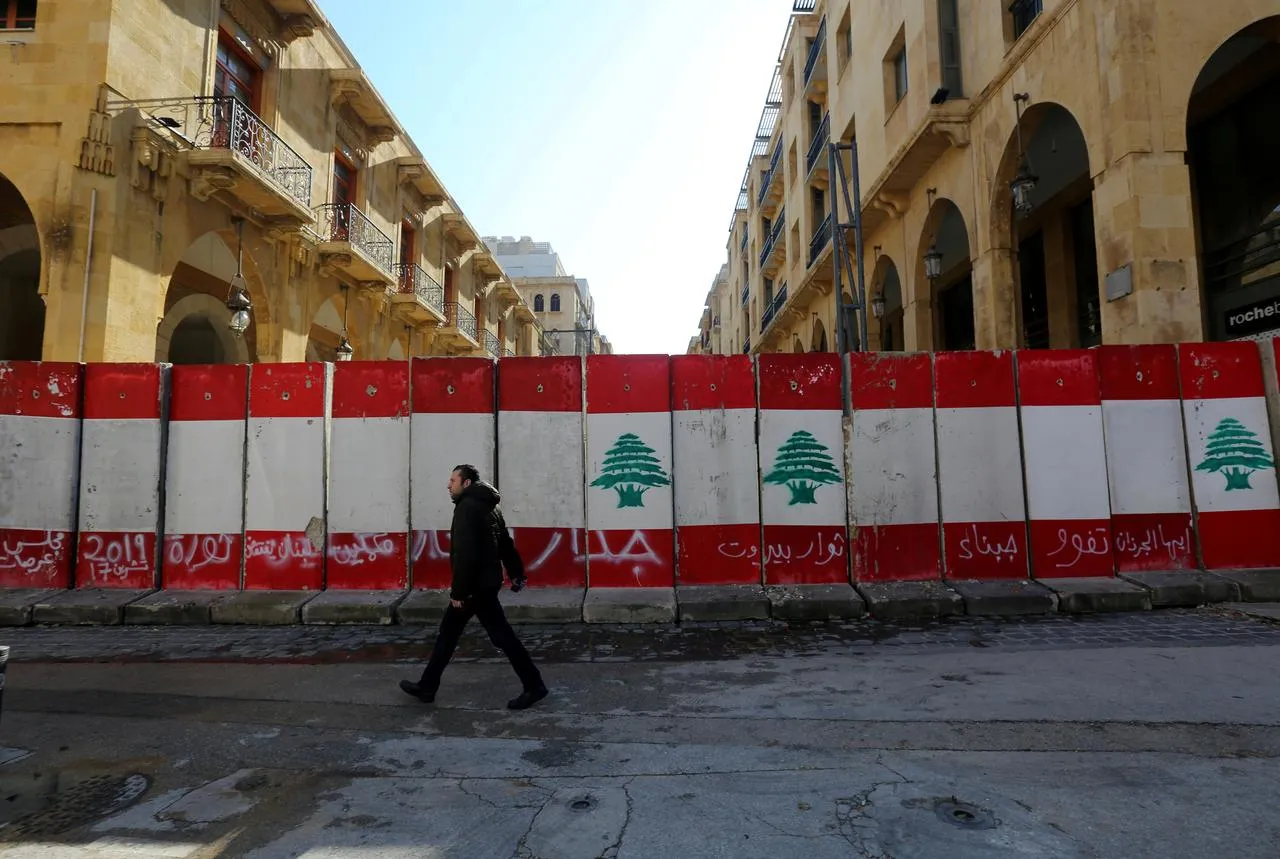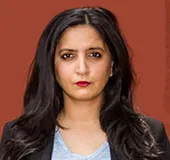-
CENTRES
Progammes & Centres
Location

Lebanon is falling into an abyss. People are hopeless as the economy continues to deteriorate and a bailout from the International Monetary Fund is nowhere in sight.
The troubles of the people have multiplied with a surge in Coronavirus cases and a blast that struck almost three months ago and damaged large parts of the capital city. Meanwhile, the political elite whom the protesters wanted to overthrow have clung to power.
The blast was blamed on the callousness of various state agencies and the indifference of the political class who allegedly turned a blind eye to the storage of thousands of tons of ammonium nitrate at the Beirut port, barely half a mile from residential areas. The government had been warned it was a disaster in the making.
On August 4, the lethal explosive blew up and left 200 dead, 6,000 injured and 300,000 homeless. It ravaged entire neighbourhoods in a part of Beirut seen as an oasis of safety in case of a war between Israel and Hezbollah- an Iran-backed Shia militia and political party which is armed and is seen as the strongest faction in the country.
Two of the three neighborhoods that suffered the worst in the blast were Christian dominated and seen as the last outpost of western values in the Middle East.
Two of the three neighborhoods that suffered the worst in the blast were Christian dominated and seen as the last outpost of western values in the Middle East. Lined with pubs, restaurants, and art galleries, these neighbourhoods held a particular charm for locals and tourists alike. And so when the French president Emmanuel Macron visited Beirut he received a warm welcome from people who identified with a fusion of French and Levantine culture, most of them French-speaking.
President Macron demanded that a new government be established by mid-September and new elections called in a year. But the new prime minister-designate, Mustapha Adib, also confronted stubborn parliamentarians who were hell-bent on protecting their interests. He failed to form a government and resigned.
Last month the familiar Saad Hariri asserted his claim to the position and presented himself as the saviour of Lebanon. Hariri is backed by France and even though he had been allegedly held hostage by the Saudis in 2017, he may still be the least objectionable option to them, primarily because there is no other Sunni leader of his standing
However, this time around Hezbollah’s Christian allies of the Free Patriotic Movement
The protesters have been demanding a cabinet of technocrats or experts without any political affiliations. However, many fear that the members of Hariri's cabinet are being appointed by the old political elite so they can continue to exert influence.
Weeks after secret negotiations, Hariri was appointed as Prime Minister and will soon be announcing a cabinet. The protesters have been demanding a cabinet of technocrats or experts without any political affiliations. However, many fear that the members of Hariri's cabinet are being appointed by the old political elite so they can continue to exert influence.
Power in Lebanon is shared on the basis of religion and the tiny country is divided among 18 sects. Sunni, Shia, Christian and Druze parties divide the most lucrative ministries and allegedly use the proceedings for personal benefit and to bankroll their outfits. This dissuades them from agreeing to any judicial reforms that may hold them accountable or administrative reforms that seek more transparency.
Lebanese protestors who began the uprising against the political elite in October last year had chanted “Killon yani Killon,” meaning "Everyone means everyone,” must relinquish power or be thrown out so a new and honest government can be sworn in. Hariri is considered a representative of the old guard and not trusted. They say no one from the political elite can be relied on to usher in meaningful reforms- a precondition for the west to loosen its purse strings and bail out the country.
A year ago the Lebanese were full of hope. A million-plus had thronged the streets in various cities and demanded that they get better politicians and an efficiently run country. But things have gotten far worse over the last 12 months. The economy kept deteriorating, and the politicians kept pulling the strings of the ostensibly technocratic government sworn in. People are getting poorer and struggling to feed their families. They have little energy left to protest and those who can are leaving the country.
The views expressed above belong to the author(s). ORF research and analyses now available on Telegram! Click here to access our curated content — blogs, longforms and interviews.

Anchal Vohra was a Fellow at ORF. She writes on contemporary developments in West Asia and on foreign policy.
Read More +